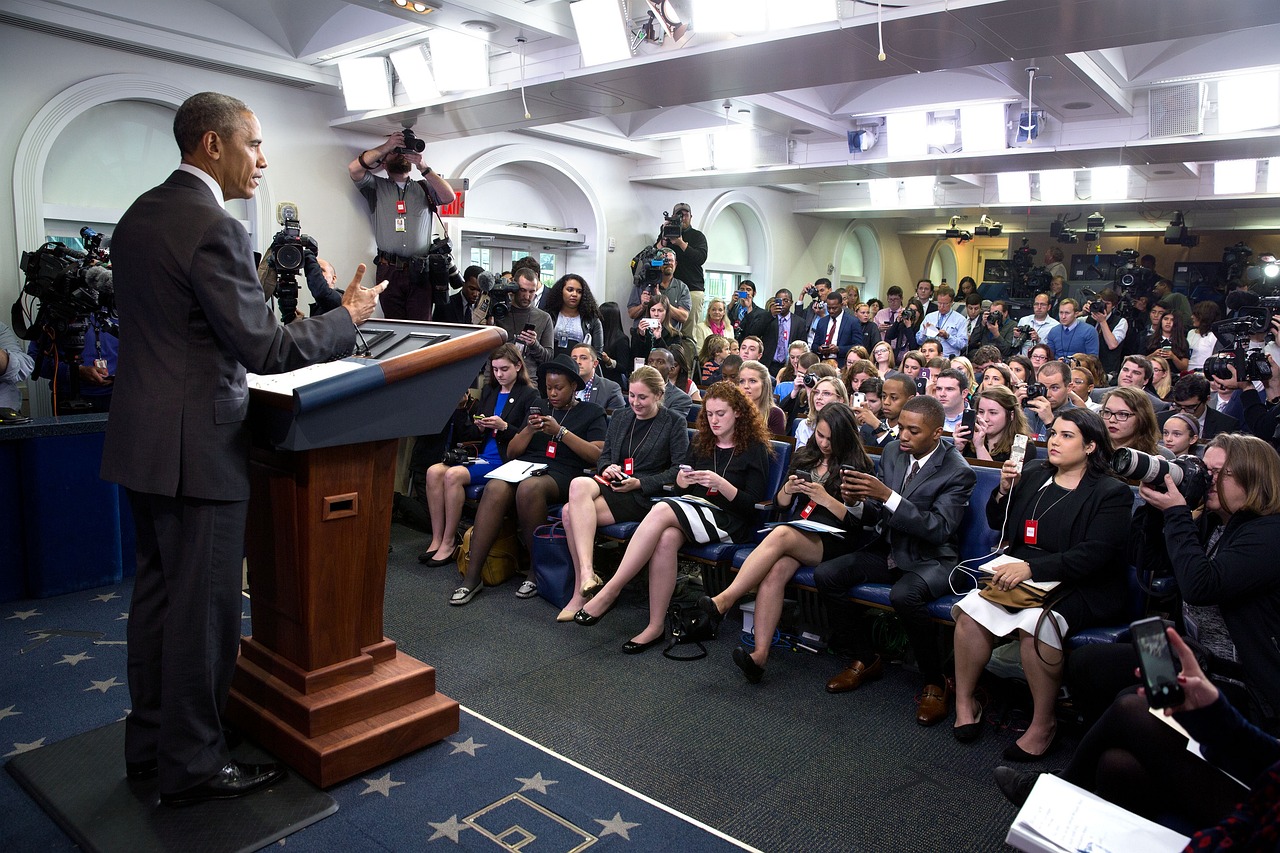
Graham Linehan legal battle free speech
The recent trial of renowned comedy writer Graham Linehan highlights the ongoing tension between free speech and online harassment. Known for creating popular shows like “Father Ted” and “The IT Crowd, ” Linehan has found himself at the center of a legal battle over allegations of harassment against an 18-year – old transgender activist, Sophia Brooks.
The charges, which include harassment and criminal damage, stem from a series of tweets that Linehan allegedly posted, targeting Brooks with offensive language. This case underscores the broader debate about the limits of free speech in the digital age and the responsibilities individuals have on social media platforms (BBC News, August 2025) in the context of online harassment, particularly in Graham Linehan. Linehan has pleaded not guilty, arguing that his actions fall within the boundaries of free speech.
However, the prosecution has described his tweets as “oppressive and unacceptable, ” suggesting that they cross the line into harassment. The court’s decision will likely have broader implications for how online speech is policed and the legal frameworks surrounding it.
This trial is separate from a previous incident where Linehan was arrested at Heathrow Airport on suspicion of inciting violence due to his social media activity (Unknown).
comedy free speech controversy
Comedy as an art form often pushes boundaries, challenging societal norms and provoking thought.
However, when does humor cross the line into harassment?
For Linehan, a creator of beloved comedies, this question is particularly relevant. His situation illustrates the delicate balance comedians must maintain between satire and respect for individuals’ rights, particularly in online harassment in the context of free speech, especially regarding Graham Linehan.
The court will have to decide whether Linehan’s tweets were a form of comedic expression or if they constituted harassment. The outcome of this trial may serve as a precedent for future cases involving public figures and their use of social media. It raises important questions about the role of intent and context in determining the legality of speech.
As the digital landscape continues to evolve, society must grapple with these complex issues, considering the impact of words on both public discourse and individual lives.
Legal implications of online harassment
The legal implications of Linehan’s trial extend beyond the specific charges against him. They reflect a growing need for clearer guidelines on what constitutes harassment in the digital realm.
With the rise of social media, traditional legal frameworks are often ill-equipped to address the nuances of online interactions, especially regarding online harassment, particularly in free speech, including Graham Linehan applications in the context of online harassment, especially regarding free speech in the context of Graham Linehan. Policymakers and legal experts are increasingly calling for updated laws that better reflect the realities of digital communication. In response to Linehan’s arrest, some public figures have suggested that current laws governing online speech need to be reviewed and potentially revised.
This sentiment is echoed by many who believe that a more nuanced approach is necessary to protect individuals from harassment while safeguarding the right to free expression. As the legal system adapts to these new challenges, it will be crucial to strike a balance that respects both individual rights and societal values.
Ted Lasso positive storytelling inclusivity
In contrast to the controversy surrounding Linehan, the television series “Ted Lasso” offers a refreshing take on the power of positive representation. Actor Nick Mohammed, who portrays the character Nathan Shelley, has become a fan favorite for his nuanced and relatable performance.
The show’s success lies in its ability to blend humor with heartfelt storytelling, offering viewers a sense of connection and optimism in the context of online harassment in the context of Graham Linehan. This approach has resonated with audiences worldwide, highlighting the impact that media can have in promoting understanding and acceptance. As society grapples with issues of harassment and free speech, “Ted Lasso” serves as a reminder of the potential for storytelling to inspire change and foster inclusivity.

media influence on public discourse
The contrasting narratives of Graham Linehan’s trial and “Ted Lasso” illustrate the powerful role media plays in shaping public discourse. While Linehan’s case raises questions about the limits of free speech, “Ted Lasso” demonstrates how media can promote positive values and foster a more inclusive society.
Both stories highlight the media’s influence on cultural conversations and its ability to reflect and shape societal norms, including online harassment applications. As consumers of media, we have a responsibility to critically engage with the content we consume and consider its broader impact. By actively participating in these discussions, we can contribute to a more informed and inclusive public discourse.

Graham Linehan free speech representation
The ongoing legal proceedings involving Graham Linehan and the success of “Ted Lasso” underscore the complexities of navigating free speech and representation in the media. As society continues to grapple with these issues, it’s essential to find a balance between protecting individual rights and fostering a culture of respect and empathy, especially regarding online harassment.
By engaging in thoughtful dialogue and advocating for responsible media practices, we can work towards a more inclusive and equitable future.




